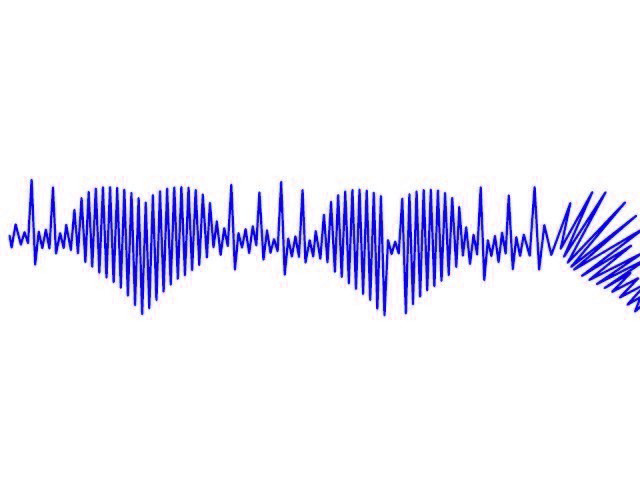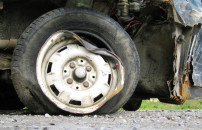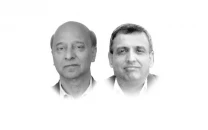Heart attack: Men at a higher risk than women
Young people are becoming more vulnerable to heart related problems: Prof. Khan.

Every third person is suffering from high blood pressure, diabetes or preliminary heart disease, said Prof Arifur Rehman Khan at a seminar organised by Dr Essa’s Laboratory and Diagnostic Centre on managing Ischemic heart disease. “Pakistani men are at a greater risk than women. They suffer from obesity, excessive smoking, uncontrollable blood pressure and diabetes. They should avoid the high consumption of fat as well.”
Discussing the sedentary lifestyle adopted by a large chunk of the population, Khan claimed that the people might hold degrees, but they are not educated.
“I recently operated on a 42-year-old man. After the operation I told his family, including his brothers to avoid fatty foods and exercise but they refused to listen,” he said. “They kept informing me that my patient required the surgery as he was a diagnosed heart patient and since they were not, there was no need for them to avoid the fatty food.” Khan failed to understand why his patient’s family refused to acknowledge how their brother became a heart patient in the first place.
Khan, who heads the Department of Cardiac Surgery at the National Institute of Cardiovascular Diseases (NICVD), claims that statistics show that the NICVD performs more than 1,500 open heart surgeries in a year along with a total of 2,200 coronary artery bypasses, bowel replacements and surgeries for congenital diseases in children. Talking to The Express Tribune about the frequency of young patients, Khan claimed that he has had cases of heart attacks in people as young as 20 years old. “I see one or two patients from the 20- to 30-year-old age group every month. It is an alarming situation, we need to refocus our priorities right away,” he said.
Published in The Express Tribune, July 17th, 2011.



















COMMENTS
Comments are moderated and generally will be posted if they are on-topic and not abusive.
For more information, please see our Comments FAQ